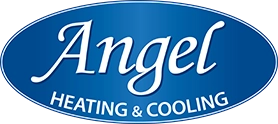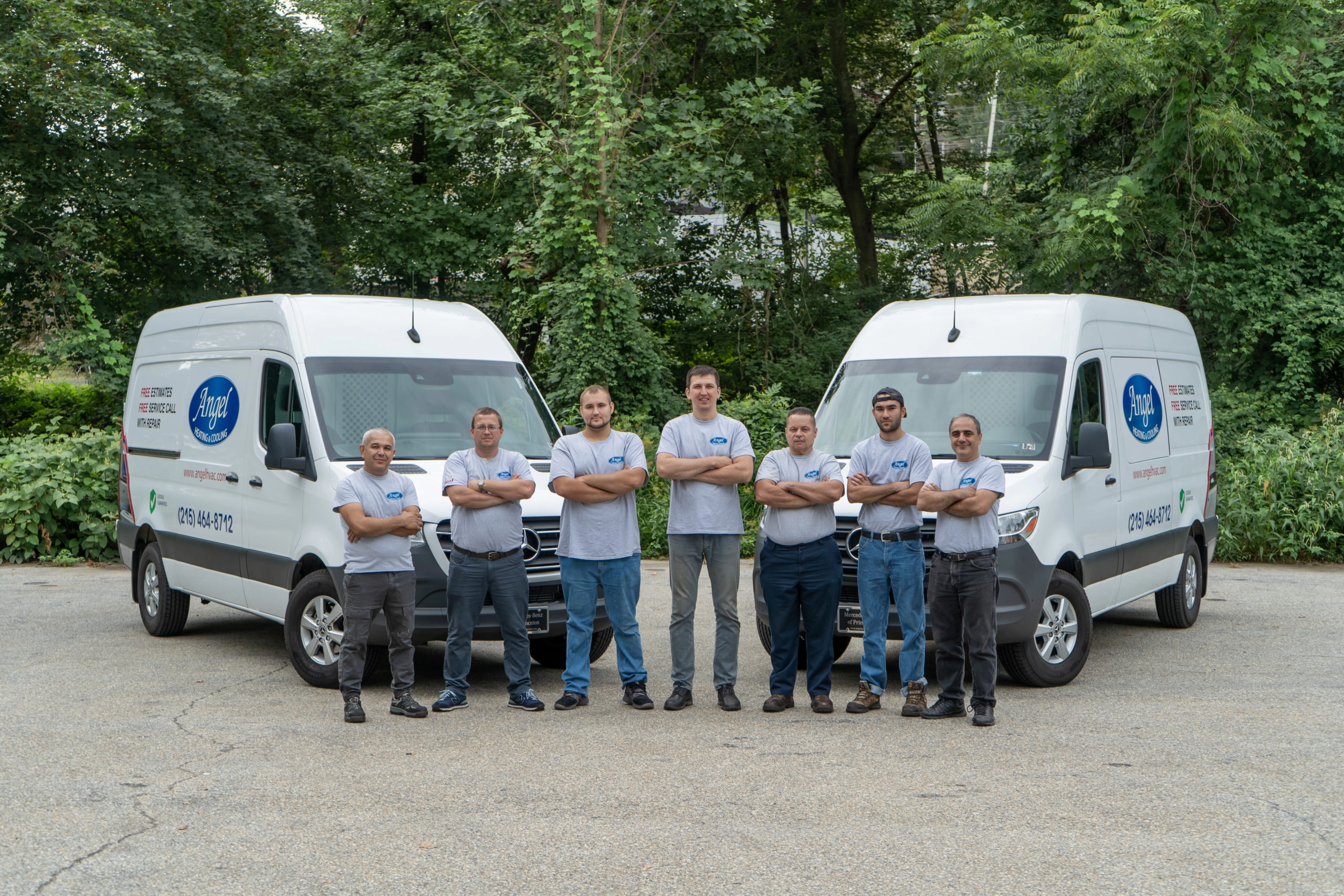The Top-Notch Boiler Service Bucks County Has Counted on for Decades
Find Out Why We Are Bucks County’s Preferred Boiler Repair and Boiler Installation Team
If you’re looking for the best value in HVAC, then you’ve come to the right place. Angel Heating and Cooling offers the boiler service Bucks County prefers because, when you choose us, you can be certain that you’ll be our top priority. We exclusively offer the highest-quality products and services, and we stop at nothing to ensure that your boiler is in top condition.
Whether you need a boiler repair or a boiler installation, we have you covered.
Why Choose Angel Heating and Cooling?
-
Hundreds of Satisfied Customers
-
Family-Owned and Operated
-
Decades of Experience
-
Prompt and Reliable Service
Discover the boiler service Bucks County trusts and contact us to schedule an appointment today.
Bucks County’s Preferred Residential Boiler Service and Commercial Boiler Service Team
When you choose Angel Heating and Cooling, you work with an HVAC company that specializes in all parts of HVAC repair and HVAC replacement. As experts in electric boiler, oil boiler, and gas boiler services, we guarantee we will have your system up and running like new.
Boiler Repair
We eliminate the root cause of the problem during our boiler repair services to ensure that the issue doesn’t recur. After all, nobody wants to worry about an oil boiler, gas boiler, or electric boiler malfunction.
Signs You Need a Boiler Repair
-
Unusual Noises
-
Frequent Pilot Light Changes
-
No Heat or Hot Water
-
Uneven Heating
-
Low Boiler Pressure
Benefits of a Boiler Repair
-
Enhances Safety
-
Restores Heat and Hot Water
-
Prevents Expensive Breakdowns
-
Improves Energy Efficiency
-
Extends Boiler Lifespan
Boiler Replacement
Aging or broken boiler? When you need a boiler replacement, Angel Heating and Cooling is there. We are experts in HVAC replacement and guarantee that we will have your system operating in no time. From performing the boiler installation to educating you on boiler maintenance best practices, we guarantee your unit will be in excellent condition for a long time to come.
Signs You Need a Boiler Replacement
-
Frequent Breakdowns
-
Rising Energy Bills
-
Strange Noises
-
Uneven/ Inconsistent Heating
Benefits of a Boiler Replacement
-
Enhanced Home Comfort
-
Improved Energy Efficiency
-
Reduced Likelihood of Breakdowns
-
Lower Heating Costs
Emergency Boiler Repair
At Angel Heating and Cooling, we perform swift and efficient emergency boiler repair services and won’t stop until the issue is gone for good.
What Counts as a Boiler Emergency?
-
Carbon Monoxide Alarm Triggered
-
Sudden Unusual Noises (whistling, banging, gurgling, etc.)
-
Gas Leak or Gas Smell
-
No Heat or Hot Water






